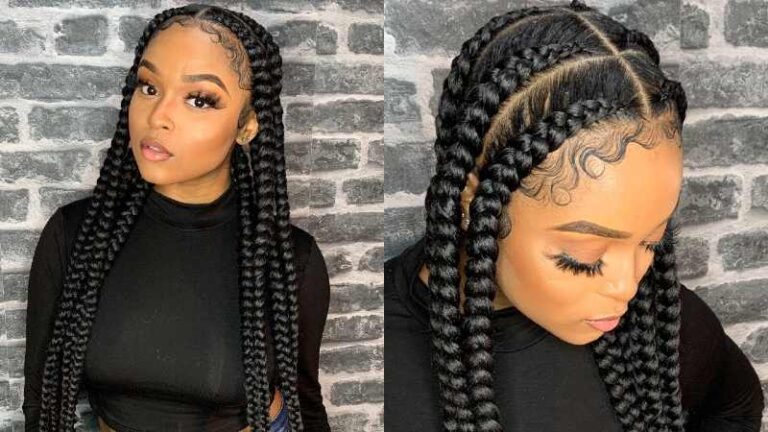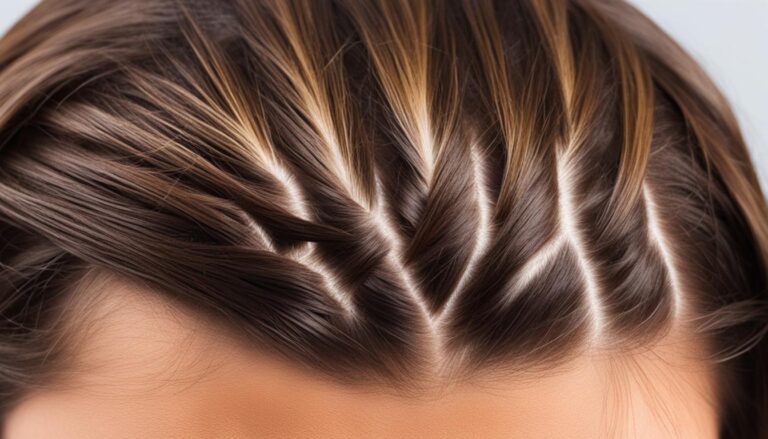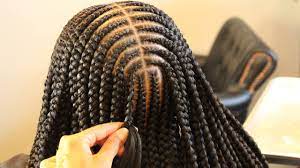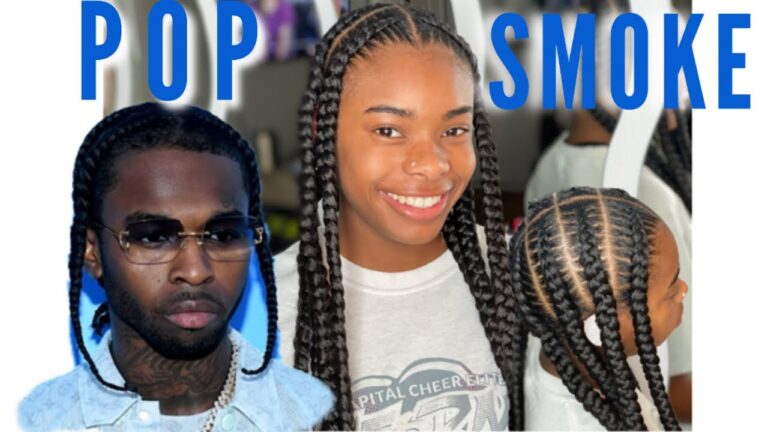What speeds up hair growth?
Are you looking for tips to achieve faster hair growth? Do you want to know the natural ways to promote hair growth? Or maybe you’re interested in learning about hair growth supplements? In this section, I will provide you with valuable insights on how to speed up your hair growth and achieve those luscious locks you’ve always desired.
When it comes to promoting hair growth, it’s important to understand that certain factors can either accelerate or impede the process. Heat styling tools like blow dryers, curling irons, and straighteners, for example, can damage your hair and hinder its growth. The use of heat protectant sprays, setting the lowest heat settings, and limiting heat exposure can help preserve the health of your hair and promote growth.
Chemical hair treatments such as bleaching and perming can weaken your hair, making it more prone to breakage. Be mindful of these treatments and take necessary precautions. Additionally, medications like minoxidil, spironolactone, and finasteride have been known to help preserve and regrow hair.
Trimming the ends of your hair regularly can prevent split ends, which often lead to breakage and slower growth. Stress can also have a negative impact on hair growth, so managing stress levels is crucial for healthy hair. If you have Black hair, it requires extra care, including avoiding over-washing and treating it with hot oil regularly.
Wearing extensions or weaves can be a fashionable choice, but it’s important to limit their use to 2-3 months and have them done professionally to prevent damage. Conditioning your hair with the right products and using wide-tooth combs are essential for maintaining its health and promoting growth.
A balanced diet and adequate nutrient intake play a significant role in hair growth. Make sure to include iron, B vitamins, and biotin in your diet for healthy hair growth. Certain lifestyle habits, such as using satin pillowcases, scalp massages, and microneedling, may also promote hair growth.
Key Takeaways:
- Limit the use of heat styling tools to promote hair growth
- Be cautious of chemical hair treatments and take necessary precautions
- Consider medications that can help preserve and regrow hair
- Trim your hair regularly to prevent split ends and breakage
- Manage stress levels for optimal hair growth
How does hair grow?
Hair growth is a fascinating process that takes place within the hair follicles located in the scalp. Each individual is born with a predetermined number of hair follicles, and these follicles play a fundamental role in regulating the growth cycle of our hair.
The growth cycle consists of three distinct stages: anagen, catagen, and telogen. During the anagen phase, which is the active growth phase, hair grows actively for a period of 3 to 10 years. The hair root receives essential nutrients and oxygen from the blood supply in the scalp, facilitating its growth. As the hair shaft pushes through the skin, it becomes coated with natural oils produced by the oil glands, which give the hair its characteristic shine and softness.
Understanding the hair growth process is key to optimizing hair growth. With this knowledge, we can implement strategies and practices that promote healthy hair growth, such as providing the necessary nutrients and maintaining a proper hair care routine.
The Stages of Hair Growth
To gain a deeper understanding of how hair grows, it is essential to familiarize ourselves with the three stages of the hair growth cycle:
- Anagen: This is the active growth phase, during which the hair follicle is actively producing new cells and the hair strand is continuously lengthening. The longer the anagen phase lasts, the longer the hair can grow.
- Catagen: The catagen phase represents a transitional stage, where the hair follicle regresses and prepares for the next phase. This phase typically lasts for a brief period of around 2 to 3 weeks.
- Telogen: The telogen phase, also known as the resting phase, is when the hair follicle is at rest and not actively producing new cells. During this phase, the hair strand is still attached to the scalp but is no longer growing. After a few months, the hair follicle re-enters the anagen phase, and a new hair strand starts to grow, pushing out the old hair strand.
By understanding the intricate process of hair growth and the different stages involved, we can make informed choices to support and enhance the growth of our hair.
Factors that Affect Hair Growth

When it comes to hair growth, several factors can influence the speed and quality of hair growth. Here are three key factors that play a role in determining hair growth:
Genetics and Hair Growth
Genetics have a significant impact on hair growth potential. Each individual is born with a unique set of genes that determine various aspects of their hair, including its growth rate. Some individuals may have a genetic predisposition to faster hair growth, while others may experience slower growth. It’s important to keep in mind that genetics are just one piece of the puzzle, and other factors can also influence hair growth.
Age and Hair Growth
As we age, the rate of hair growth tends to slow down. Hair follicles go through a natural aging process, and their ability to produce new hairs diminishes over time. Additionally, hormonal changes that occur with age can also affect the hair growth cycle. While age may impact hair growth, adopting healthy habits and proper hair care can help maintain optimal growth even as we get older.
Hair Type and Growth Speed
Another factor that influences hair growth is hair type. Different hair types have varying growth speeds due to factors such as hair thickness, density, and texture. For example, individuals with coarse or curly hair may experience slower growth compared to those with fine, straight hair. Although hair type may affect growth speed, it’s essential to focus on overall hair health and maintenance regardless of hair type.
Understanding the factors that affect hair growth can help individuals set realistic expectations and develop effective strategies for promoting healthy hair growth.
By considering genetics, age, and hair type, individuals can gain a better understanding of their hair growth potential and make informed choices when it comes to hair care routines, products, and lifestyle habits. It’s important to note that while these factors can influence hair growth, they are not the sole determinants. Consulting with a healthcare professional or a licensed trichologist can provide personalized guidance and recommendations for optimizing hair growth.
Tips for Promoting Hair Growth
Promoting healthy hair growth involves a combination of proper nutrition, hair care practices, and natural remedies. Here are some tips to help support hair growth:
1. Diet for Hair Growth
A balanced diet rich in essential nutrients plays a crucial role in promoting healthy hair growth. Ensure you consume enough proteins as they are the building blocks of hair. Incorporate foods such as eggs, lean meats, fish, legumes, and nuts into your diet. Additionally, include plenty of fruits and vegetables for vitamins and minerals that are vital for hair health.
2. Essential Oils for Hair Growth
Essential oils can be beneficial in promoting hair growth when used appropriately. Consider adding a few drops of tea tree, rosemary, or lime essential oil to your shampoo or diluting them with a carrier oil like coconut or jojoba oil. These oils can help improve scalp health and stimulate hair follicles.
3. Scalp Massages for Hair Growth
A gentle scalp massage can help improve blood circulation to the hair follicles, promoting hair growth. Use your fingertips to massage your scalp in circular motions for a few minutes every day. You can also use a massaging tool or brush specifically designed for scalp massage to achieve similar benefits.
Implementing these tips as part of your hair care routine can contribute to healthier hair growth. Remember to be consistent and patient, as hair growth is a gradual process. If you have any concerns or specific hair conditions, it’s always best to consult with a healthcare professional for personalized advice.
Conclusion
Promoting hair growth naturally is a journey that requires dedication and a holistic approach. By incorporating a few key tips into your hair care routine, you can support healthy hair growth. Remember, everyone’s hair is unique, so it’s essential to find what works best for you.
First and foremost, be mindful of the tools and treatments you use on your hair. Avoid excessive heat styling with blow dryers, curling irons, and straighteners, as they can damage your hair and impede growth. Opt for the lowest heat settings and use heat protectant sprays to minimize damage. Additionally, limit the use of chemical treatments like bleaching and perming, as they can weaken your hair and make it more prone to breakage.
Next, nourish your hair and scalp from within. A balanced diet rich in essential nutrients is crucial for healthy hair growth. Focus on foods that are high in protein, such as lean meats, fish, and legumes. Consider adding nutrient-rich ingredients like biotin, vitamin C, vitamin D, vitamin E, zinc, iron, and omega-3 fatty acids to your diet. These nutrients provide the building blocks for strong and vibrant hair.
Lastly, embrace hair care practices that promote growth. Essential oils like tea tree, rosemary, and lime can be added to shampoos or diluted with carrier oils to stimulate hair growth. Regular scalp massages improve blood circulation to the hair follicles, nourishing them and encouraging growth. Remember to be consistent with your routines, as healthy hair growth takes time and patience.
FAQ
What speeds up hair growth?
Tips for faster hair growth include using heat protectant sprays, limiting heat exposure, and using low heat settings on styling tools. Taking hair growth supplements or medications like minoxidil, spironolactone, and finasteride can also help. Trimming the ends regularly, managing stress, and providing extra care for Black hair are other ways to promote hair growth.
How does hair grow?
Hair grows from follicles located in the scalp. The growth cycle consists of three stages: anagen (active growth phase), catagen (transition phase), and telogen (resting phase). During the anagen phase, hair grows actively for 3-10 years, receiving nutrients and oxygen from the blood supply in the scalp. The hair shaft pushes through the skin and is coated with oils from the oil gland.
What factors affect hair growth?
Genetics play a role in determining hair growth potential, with some individuals having a genetic predisposition to faster or slower hair growth. Age can also impact hair growth, as it tends to slow down with age. Hair type can influence growth speed, with some hair types growing faster than others.
What are some tips for promoting hair growth?
Promoting hair growth can be achieved through a balanced diet with adequate protein intake and essential nutrients like biotin, vitamin C, vitamin D, vitamin E, zinc, iron, and omega-3 fatty acids. Using essential oils like tea tree, rosemary, and lime in shampoos or diluted with carrier oils, scalp massages, and avoiding restrictive diets and hair breakage are also beneficial for hair growth.
How can hair growth be promoted naturally?
To promote hair growth naturally, individuals can practice lifestyle changes, proper nutrition, and hair care practices. This includes avoiding damaging heat styling tools and chemical treatments, focusing on a balanced diet with essential nutrients, using essential oils and scalp massages, and protecting hair from breakage and heat damage.







